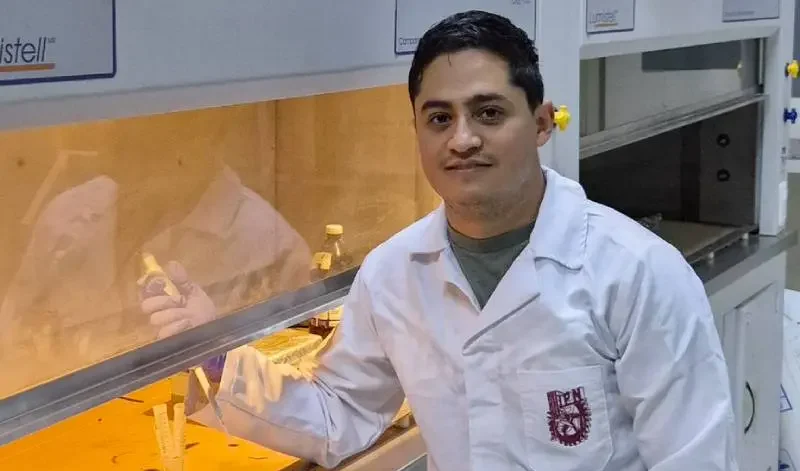
Mexico’s Instituto Politécnico Nacional —National Polytechnic Institute (IPN)— is advancing in the development of a rapid test to detect childhood acute lymphoblastic leukemia, with the goal of enabling timely diagnoses and reducing the need for invasive methods such as bone marrow biopsies.
The project, led by Dr. Juan Ernesto López Ramos at the Center for Scientific and Technological Studies (CECyT) No. 18 Zacatecas and currently being developed at the Interdisciplinary Professional Unit of Engineering (UPIIZ), aims to revolutionize the detection of this disease through a small blood sample.
The goal is for the prototype —a portable device similar to a pregnancy test— to deliver results within 10 to 15 minutes and be used in remote communities where access to specialized medical services is limited. The device employs gold and copper nanoparticles bound to antibodies to identify the presence of the disease.
“The success of treatments largely depends on early diagnosis. Unlike other types of cancer, leukemia does not present such evident symptoms, which delays its detection,” explained López Ramos, a member of the National Researchers System (SNII).
To validate the test, agreements will be established with the Mexican Social Security Institute (IMSS) in Zacatecas to access samples from patients with acute lymphoblastic leukemia.
If consolidated, the test could be applied during routine medical check-ups or even in vaccination campaigns, representing a decisive step toward equity in access to medical diagnostics.
The project is part of IPN’s Networked Research Projects Program and involves collaboration with specialists from UPIIZ, CECyT 18 Zacatecas, and the Center for Genomic Biotechnology.